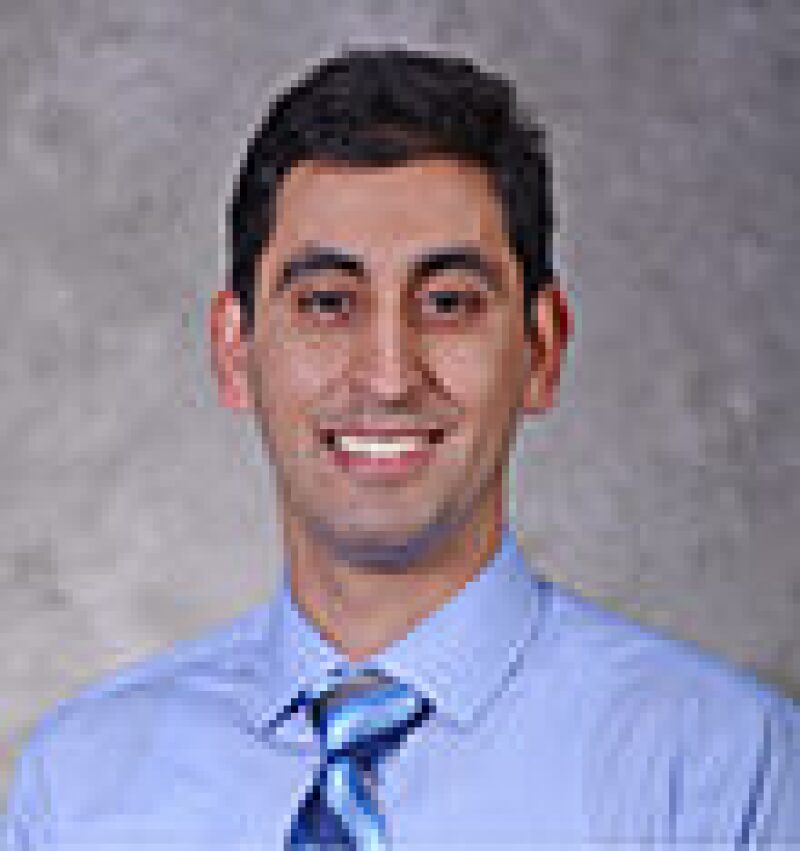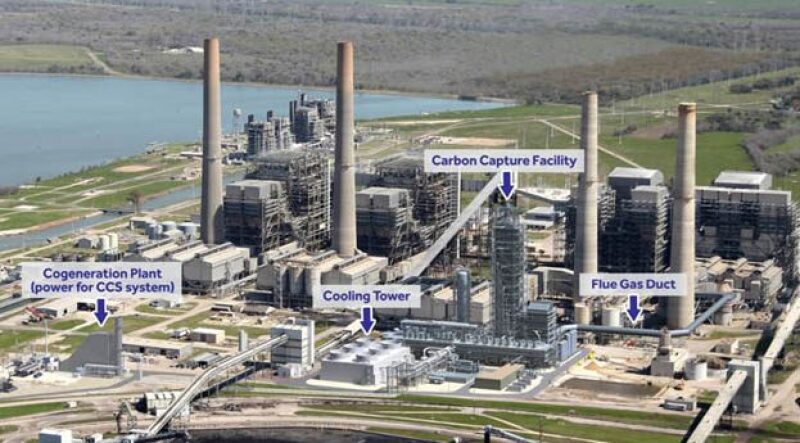Carbon capture and storage (CCS) is one of the topics that has received significant attention from the oil industry and many research institutes over the last 2 decades. Any viable option for storing carbon must be cost-competitive, exhibit stability as a long-term storage option, and be environmentally friendly. Hence, CCS has evolved into carbon capture, utilization, and storage (CCUS) technology. The development of CCUS technology has advanced beyond a narrow focus on storage by expanding to consider utilizing CO2 for oil extraction, remediation of alkaline industrial wastes, or converting CO2 into useful chemicals to add economic value to this greenhouse gas.
Despite international agreements to reduce carbon emissions, fossil fuels will remain an important energy source for decades to come. CCUS will help enable the low-emissions economy of the future by transforming high-emission industries into low-emission ones. Cutting-edge research is therefore required in carbon storage and utilization to improve our understanding of the long-term effects of large-scale injection of CO2 into geological formations, developments of alternative options such as carbon mineralization, or conversion of CO2 into synthetic fuels and chemicals, and further analysis to understand risks associated with CCUS from technical, regulatory, and political aspects.
CCUS is an interdisciplinary research field including geoscience, chemistry, and engineering on its technical side with involvement of law, policy, and social science on its non-technical side. Such a broad scope means that CCUS offers numerous opportunities for science and engineering graduates, including petroleum engineers, to get involved. There are signs that CCUS will be expanding because a sustainable global society requires solutions like CCUS that contribute to the achievement of a low CO2 emission economy. Therefore, professionals involved in CCUS development will be highly sought by oil companies that seek to implement them as well as the governmental bodies, universities, and other research institutions that develop them.
Working on scientific and engineering fundamentals related to storage and utilization of CO2 provides a strong and transferable knowledge of fluid flow and transport in porous media, geomechanics, geochemistry, programing, and mathematical and experimental analysis. Such knowledge can be applied in other areas such as reservoir engineering and contaminant transport in ground water among many other examples.
CCUS researchers often work with a diverse team comprising different technical backgrounds, including people from social sciences and policy. Thus, they gain broad knowledge and strong team work and communication skills that can be applied to roles in academia, government, and industry. For the researchers and PhD students interested in a career in academia, the CCUS field provides plenty of opportunities to contribute to published scientific and technical papers.
It is crucial to rise above the naive energy and climate debate and continue to communicate sound and scientific analysis in an effective manner. For those up to the challenge, CCUS research provides an opportunity to address technically interesting problems that will result in technologies which will have significant economic and political impact for the oil and gas industry.

Hamid Emami-Meybodi is an assistant professor of petroleum and natural gas engineering at the Pennsylvania State University. His research interests include multiphase flow and transport phenomena in porous media with applications to CO2 sequestration, unconventional reservoirs, and enhanced oil recovery. Emami-Meybodi is the author or coauthor of more than 20 technical publications. He holds BSc and MSc degrees in chemical and petroleum engineering from the Petroleum University of Technology, and MEng, MSc, and PhD degrees in petroleum engineering from the University of Calgary. Emami-Meybodi is a member of SPE and is the recipient of the 2018 SPE Regional Reservoir Description and Dynamics Award.
[The article was sourced from the author by TWA Content Creator Andreas Michael.]

